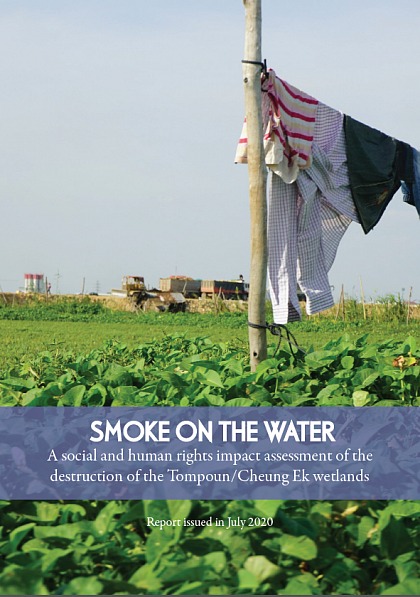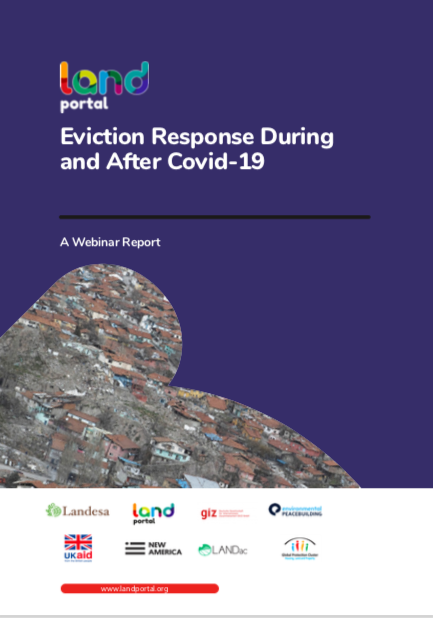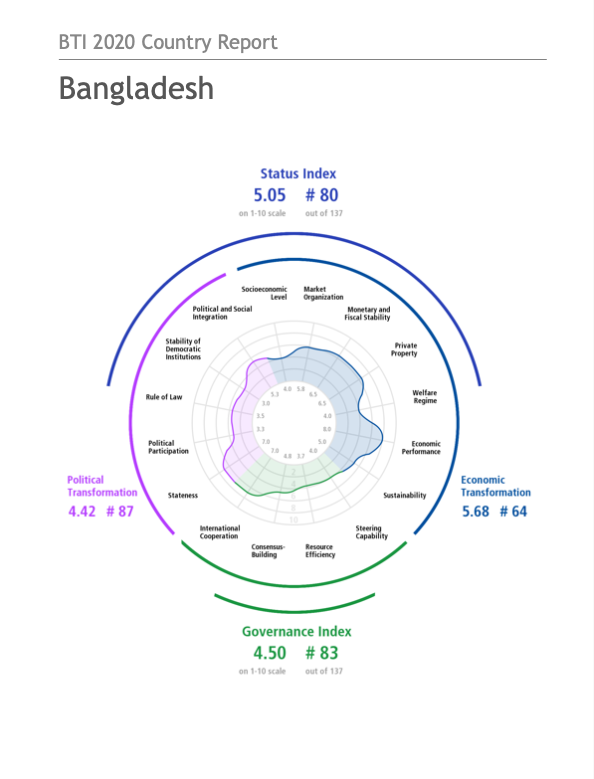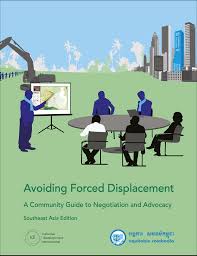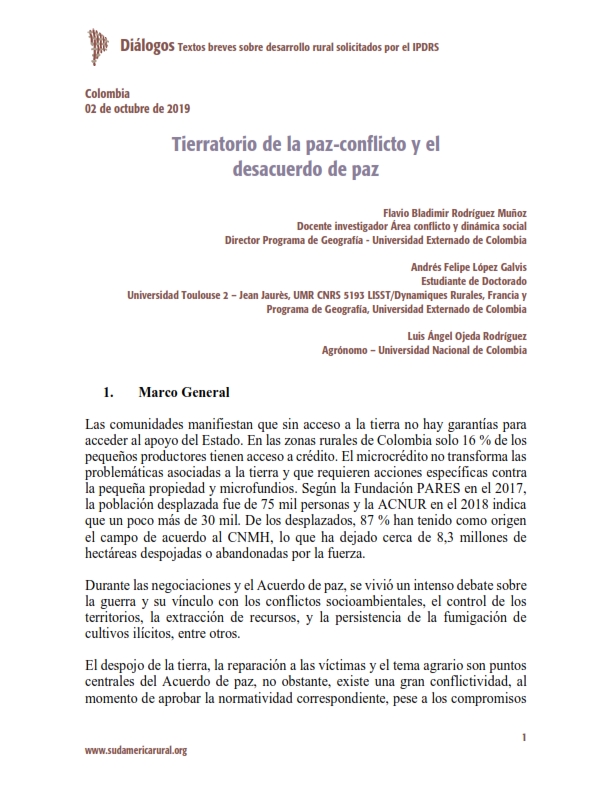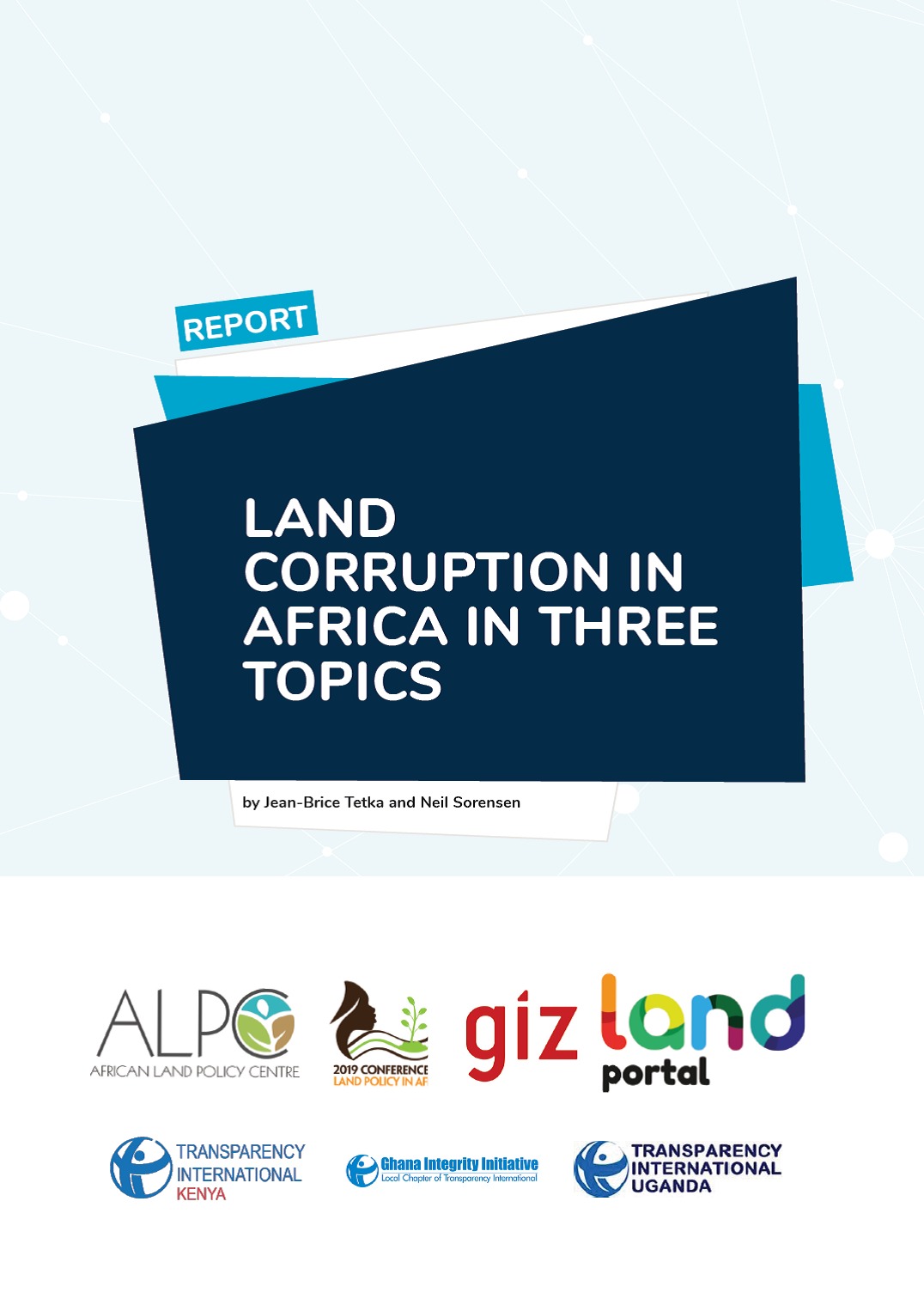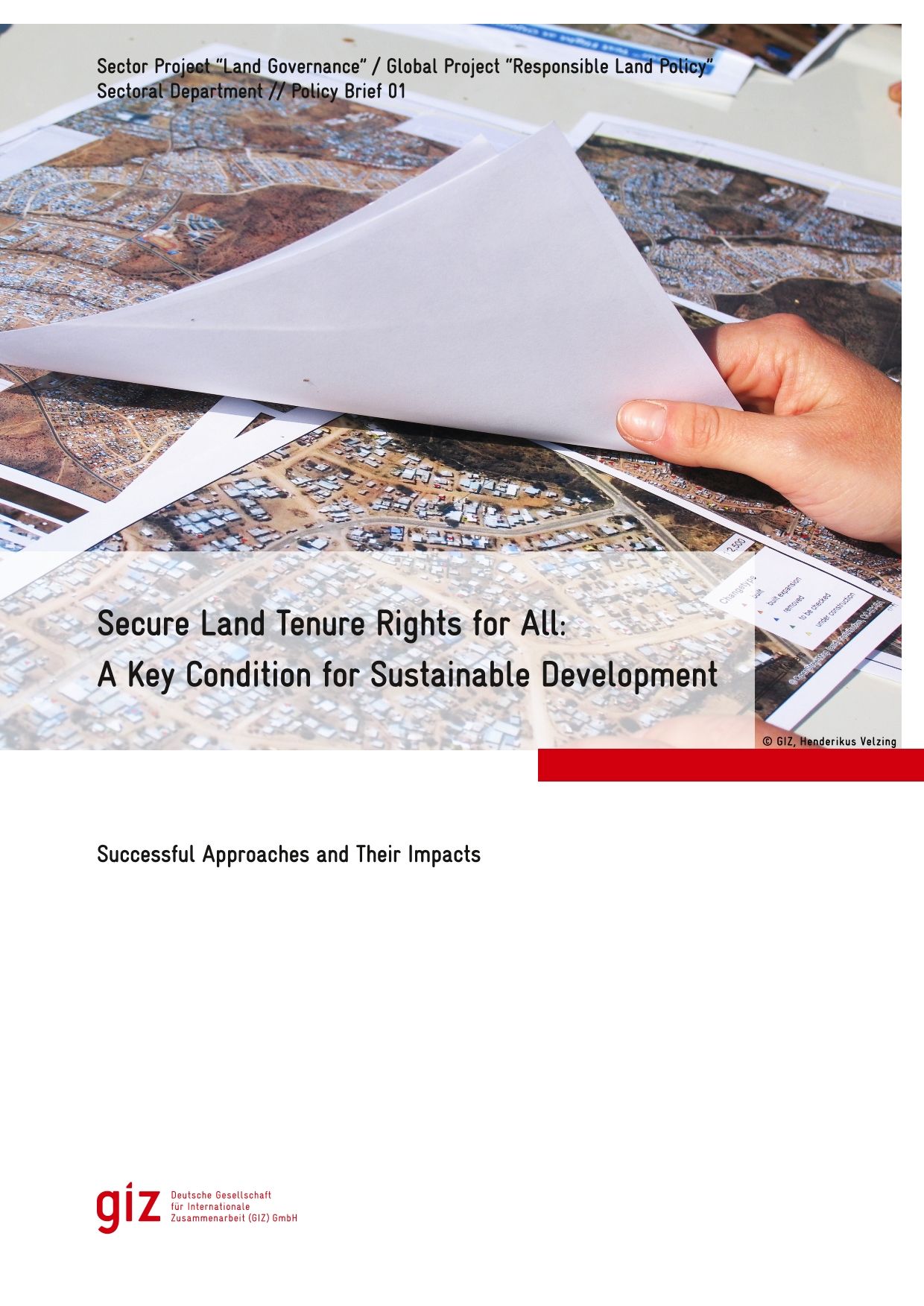Rural Women Must Be at the Heart of COVID-19 Response and Recovery
A nine-minute video. Most rural people in Uganda have rights to their rural land through customary tenure arrangements;representing 75-80% of land holdings: but only 15-20% of the land is formally registered. Often women;especially widows;experience land grabbing;arbitrary eviction and poor access to justice. GLTN and others are working to help vulnerable smallholder farmers in South Western and Elgon regions through the implementation of a ‘Securing Land Tenure for Improved Food Security in select areas in Ugandaproject. The video illustrates some of this work.



